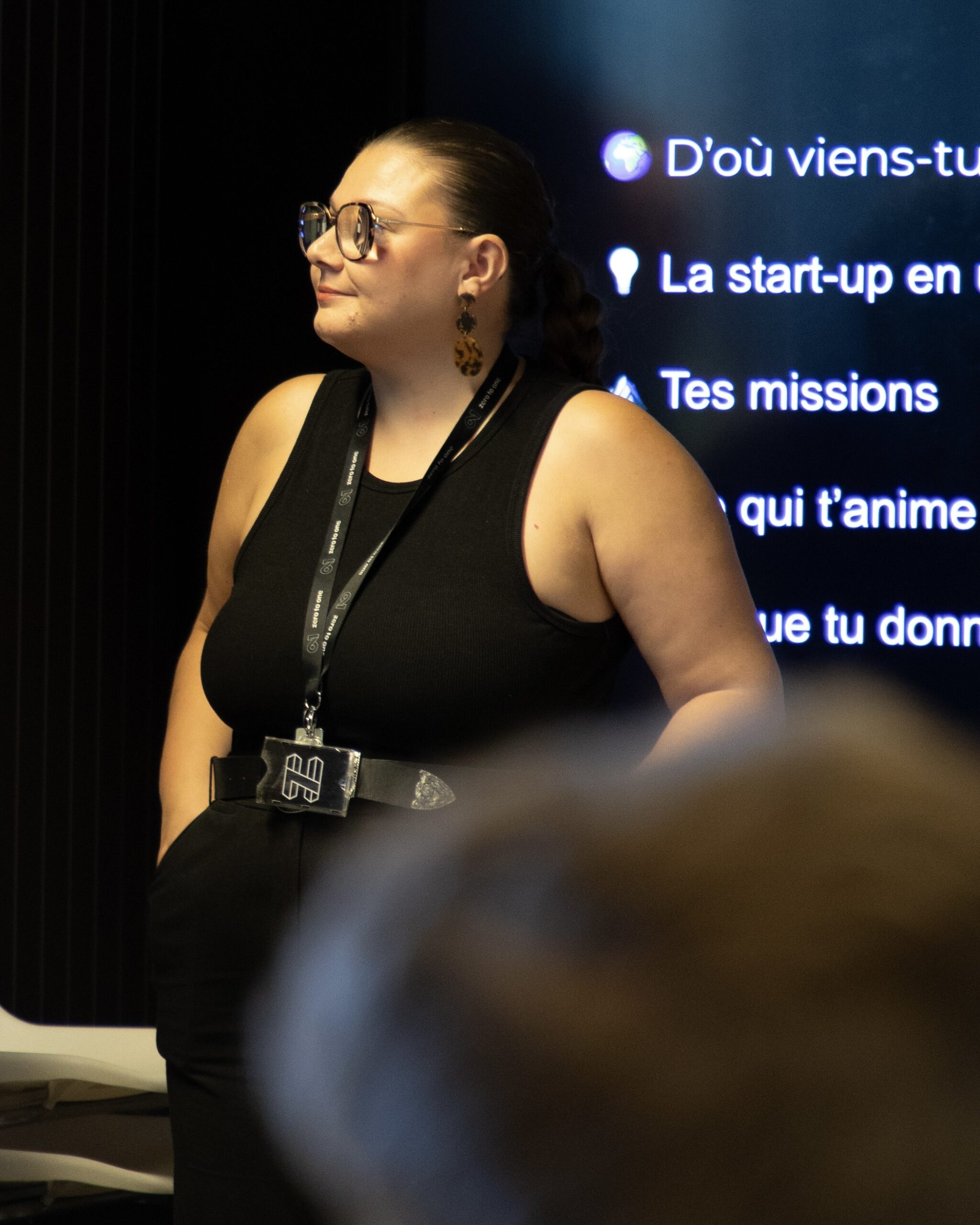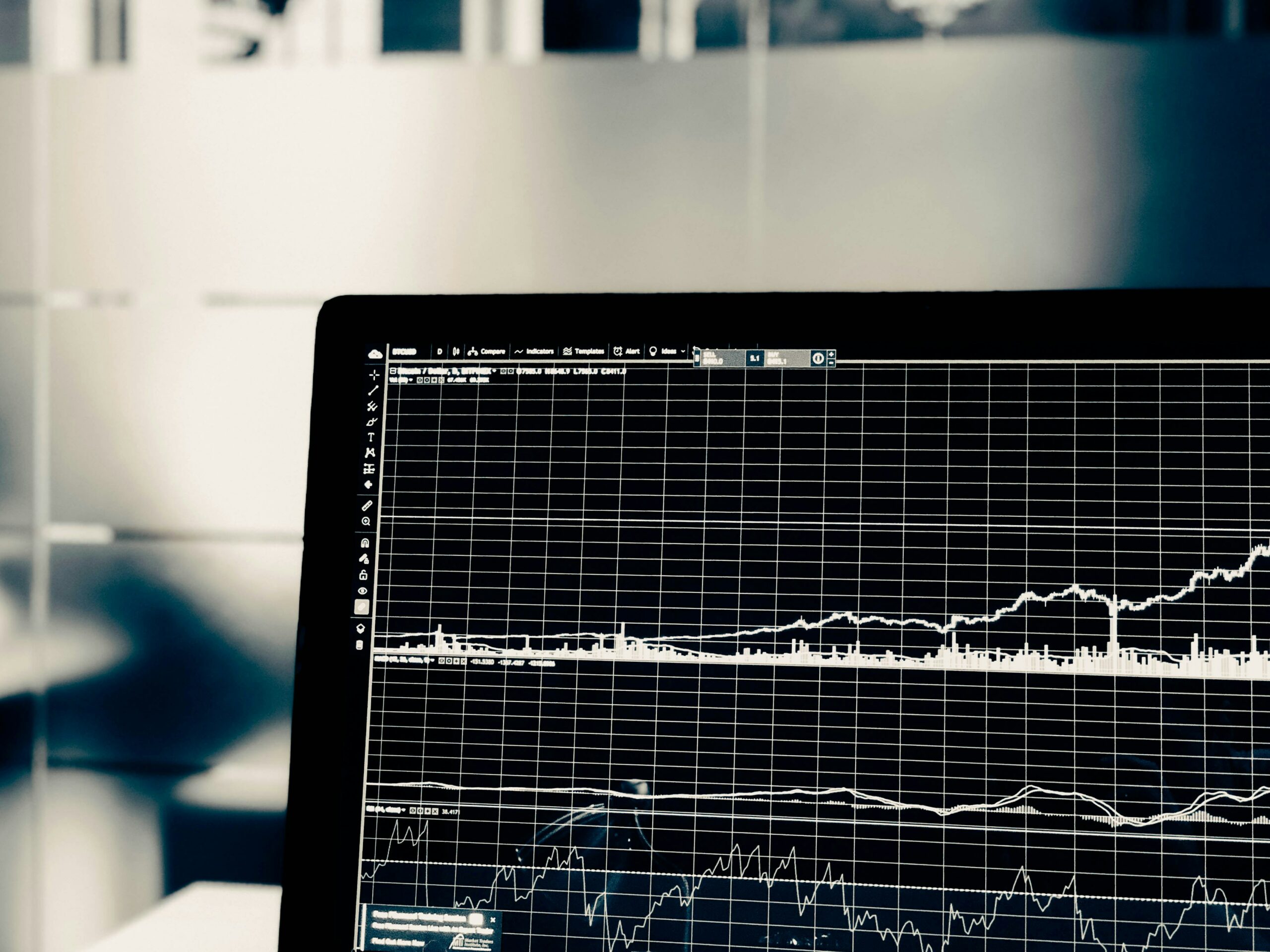La Belle Histoire is a series of articles highlighting entrepreneurs and their teams, starting from where it all began, and sharing with you the stages they went through. What’s next? They’re still writing it.
Kikleo was created by Vincent Garcia and Martin d’Agay as an end-of-study project, and has now become an impact company. Four years after the start of its initial research, the startup is now working with restaurateurs to reduce food waste, from the kitchen to the plate.
Thanks to a camera that analyzes trays, the Kikleo solution enables each restaurant to identify the quantity of waste thrown away, enabling them to reduce waste by at least 50%.
After just 2 years on the market, the company has raised €1.5 million, alongside AVELANA, Good Only Ventures, BPI France, CIC – the European Commission – and France 2030. With just a few hours to go before the official announcement, Vincent Garcia, co-founder of the company, tells us the story.
The genesis of Kikleo
The Kikleo story began on the benches of INSA Lyon. At this time, Martin d’Agay and Vincent Garcia shared their apartment, their studies, and a common sensitivity to the environmental cause.
As part of an end-of-studies project, the two students decided to help the three university restaurants on their campus reduce food waste. The challenge: measure to quantify actions.
“Every year, 500,000 tonnes of consumable food are thrown away in public restaurants. Our first objective was to find a solution for sorting and measuring waste. We called on ADEME – the national agency for ecological transition – to evaluate existing solutions, but we didn’t find any miracle solutions.” Vincent tells us.
The two students spend several weeks, several hours a day, with their hands in the garbage cans of university restaurants, sorting, weighing and analyzing the data. They soon realized that sorting and weighing by hand was time-consuming and tedious, and could not be done by just two people.
From manual sorting to artificial intelligence
Vincent and Martin need to find a solution to automate sorting and optimize the process. It’s 2019, and the first version of Kikleo is born: thanks to their smartphone, placed above the conveyor belt, Martin and Vincent film the trays in university restaurants.
In the evenings and at weekends, they view hours of footage to analyze the food scraps on each tray and provide restaurateurs with a detailed report. They soon realized that their smartphone could be replaced by a camera, and their manual analysis by an algorithm, to automate the process and obtain a diagnosis over time.
In September 2019, Vincent and Martin graduated. Their end-of-study project was a resounding success, and now that the two young men are about to embark on a dual apprenticeship program, CROUS and INSA are interested to purchase their solution.
Vincent and Martin put aside their work-study program to devote themselves to the development of Kikleo. For two years, they juggled their student hats with their founder’s hats. INSA, ESSEC, BPI and ADEME are supporting them in the creation of this new solution. They obtained 500,000 euros in pre-seed funding, were supported by engineers specialized in artificial intelligence, and two interns joined the team.
In 2020, the Kikleo solution continues to expand. The two founders now have their concept: thanks to artificial intelligence, the Kikleo camera will detect, identify and estimate the quantity of each food item left on trays and plates. The first tests are being carried out with a panel of restaurateurs, with the aim of enabling them to reduce food waste by at least 50%.
The uncertainty of the Covid years
At the start of 2020, the two founders’ ambitions were blocked by Covid and the closure of the restaurants. Feedback is increasingly scarce, and development times are getting longer. Vincent and Martin are isolated at home, with a company less than a year old to manage, two young talents to support and very little visibility.
“It was a very difficult period, we were in the middle of development but we had no data to go on and refine the product.” recalls Vincent.
With student loans of 60,000 euros each and no income, the two entrepreneurs are wondering about their future. Nevertheless, the two friends firmly believe in the positive impact of their solution on society, and persevere.
“At that time, we had two trainees working alongside us. In the middle of Covid, with no prospects, they put their trust in us, right up to the CDI. It’s thanks to them and their work that we’re here today,” Vincent tells us.
Thanks to the resilience of the entire team, the solution was commercialized in September 2021, two years after the initial research began. Our long-standing customers – INSA and Crous de Lyon – are still loyal users of the solution, and Vincent and Martin are setting a new course: Kikleo will be offered to company restaurants, hospitals and hotels.
The founders surround themselves with new recruits to achieve these goals. In 2022, the startup will join the 2nd promotion of the “sustainable food” program, run by H7 and SUEZ. This is a crucial year for Vincent and Martin, whose ambition is to increase sales fivefold.
Vincent is in charge of communications an technical and operational aspects, while Martin is in charge of business development and finance. Less than a year later, 10 people have joined the adventure and nearly 100 restaurants are using Kikleo on a daily basis.
The fund-raising stage
In September 2022, Kikleo’s results were positive. The team has 15 employees and the restaurants reduce their food waste by around 20%. As the start-up reached the €200,000 sales milestone, Vincent and Martin decided to raise funds to structure the team and invest in commercial development.
A series of meetings quickly followed, and by the end of 2022, the two founders had signed an agreement with a first fund and were actively seeking a co-investor.
The economic climate at the start of 2023 marks the beginning of a long period of uncertainty. Funds and business angels closed their doors, and the team struggled to find a second lead. Finally, three business angels and the Good Only Ventures fund join the adventure. Just as the tide seemed to be turning, the lead signed at the end of 2022 withdrew, taking the business angels with him.
It’s March 2023 and the team has just 6 months of cash left. Through their network, Vincent and Martin met AVELANA, an impact fund specializing in investments for the ecological transition. The planets aligned for the two co-founders after meeting their contact, a former Sodexo employee who saw the value of the solution and the market potential.
Thanks to this meeting, the fund-raising was completed. Kikleo raises €1.5 million, alongside AVELANA and Good Only Ventures , BPI France, CIC – the European Commission – and France 2030.
Target 1,000 restaurants by 2025
This €1.5 million investment will enable the team to further develop the product.
“Today, our camera analyzes sets, tomorrow it will be able to analyze dustbins,” explains Vincent Garcia. To accentuate their impact, Kikleo plans to offer a kitchen solution to quantify the waste associated with meal preparation.
The team also wants to diversify the camera’s usefulness, with tray analysis for nursing staff to create a tailor-made nutritional follow-up for each patient.
The funds raised will also be used toaccelerate sales development. In 2024, Kikleo wants to start experimenting across the Atlantic and hopes to equip 1,000 restaurants by 2025.
“I remember Martin and me, with our hands in the garbage cans, weighing by hand four years ago. Today there are 15 of us, soon to be 20, and we can see that the solution is working. In 2023, we saved 86 tonnes of waste, our customers saved €600,000 and we avoided 520 tonnes of CO2.” concludes Vincent.
For all the latest Kikleo news, go to



